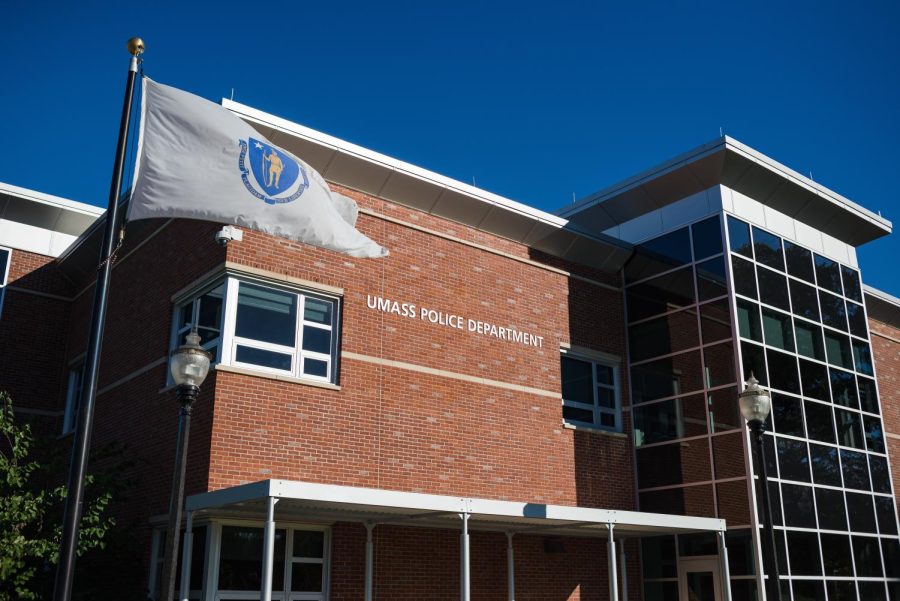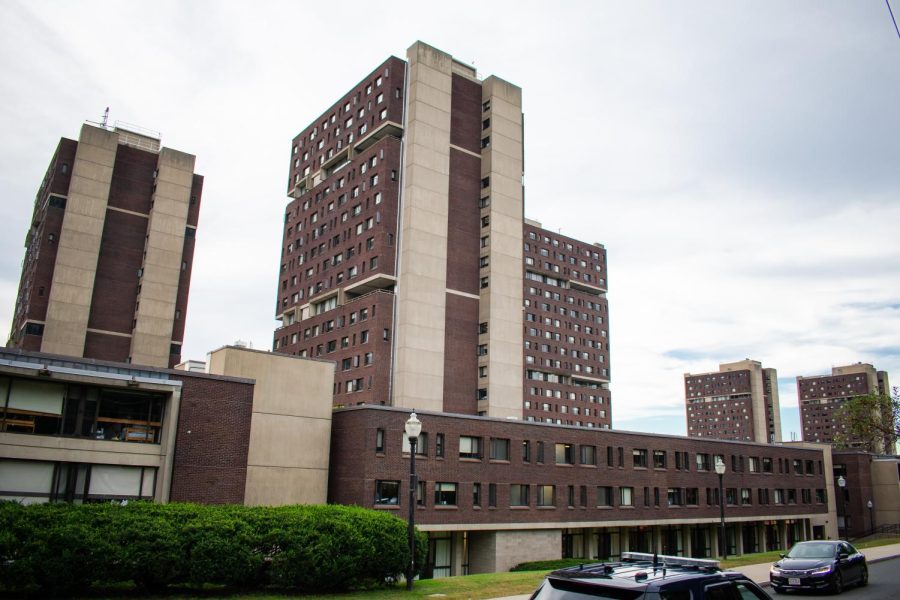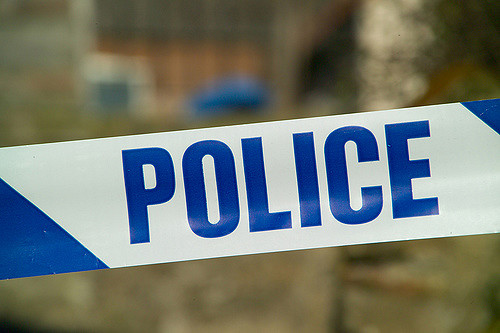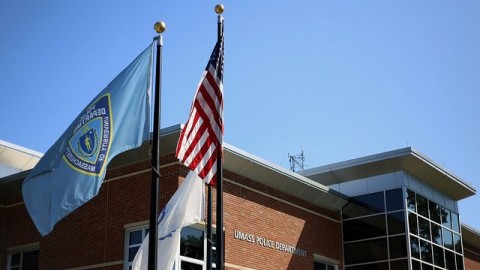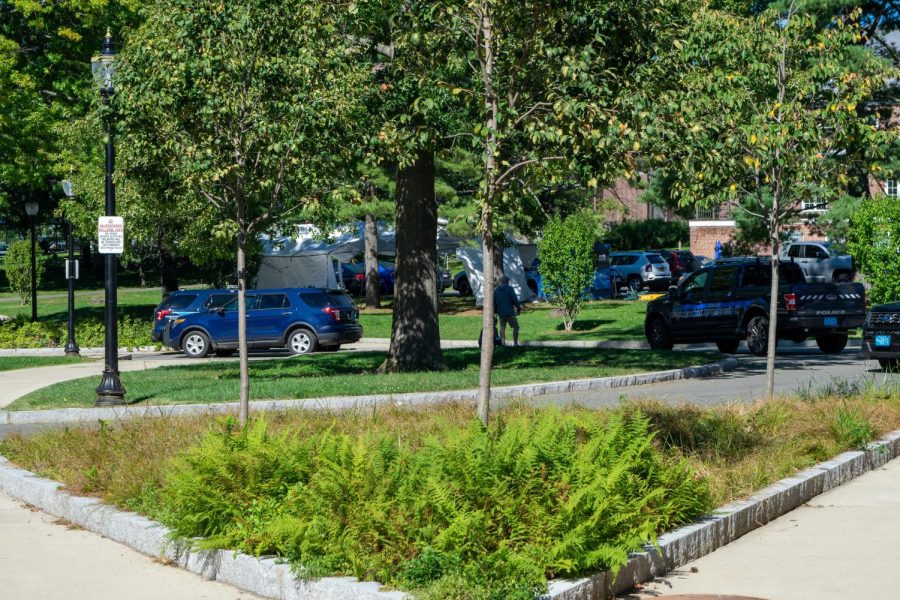
Almost one third of Americans younger than 23 have been arrested, according to a recent study that collected and analyzed data as a part of the National Longitudinal Survey of Youth. The federal government surveyed 7,335 participants, according to a New York Times article about the study published in Dec. 2011.
The majority of arrests to those under the age of 23 on the University of Massachusetts campus are alcohol-related, and can include anything from drunk driving to vandalism, according to UMass Police Department Deputy Chief Patrick Archbald.
“Decisions are often made under the influence of alcohol and those decisions sometimes result in charges similar to what you might see in any community of 30,000 people,” said Archbald.
The research was intended to analyze the exposure young people have to the justice system in everyday life, according to the New York Times article, and found that arrests for drug-related offenses have become far more common in recent years. Additionally, zero-tolerance policies in schools have become more frequent, as well as police crackdown.
UMass senior Timothy Wallace was arrested one year ago at the age of 21, though his experience was not one of the common drug- or alcohol-related offenses frequently found on a college campus.
“I wrote a bad check in 2008, and they didn’t catch up with me until last year,” said Wallace. “They put out a warrant for my arrest so I turned myself in. I went to court for it in the summer.”
Wallace said he knows approximately 10 people younger than him who have been arrested for alcohol-related crimes, drug possession, resisting arrest, running from police and one for assault.
Being arrested can, according to Wallace, “be a fairly common occurrence – especially on a college campus.”
Wallace is certainly not alone in having been arrested, though the majority of student arrests at UMass are not for writing bad checks.
In 2010, the police made 373 arrests for liquor law violations on campus, as well as 91 for burglary, 21 for aggravated assault and 71 for drug law violations, according to the 2010 UMass Amherst annual security report.
The subjects of the survey ranged in age from 12 to 16 when they initially enrolled in 1996, according to the NYT article. The first interviews for the study were conducted in 1997, and have continued annually ever since. The study found that 30.2 percent of Americans have been arrested by the age of 23, and showed a higher number of arrests compared to the 22 percent found in a similar 1965 study.
However, Archbald does not think that student behavior has gotten significantly worse.
“In my experience in 25 years here, students are acting more responsibly,” said Archbald. “They’re more focused on their work. We’ve seen a better student at UMass and better decisions are being made.”
Wallace thinks that perhaps the increase in arrests is not the result of worsening behavior, as much as it is the result of increased police crackdown. Wallace said he believes the police are getting tougher on underage drinking, and are arresting students at parties more than they used to.
“People are getting more serious about it, and the town is getting less and less tolerant,” said Wallace, who added that if UMass is any indication, he finds the nationwide statistics believable.
The lead author of the study was Robert Brame, a professor of criminal justice and criminology at the University of North Carolina Charlotte. Brame said he hoped the results would alert physicians to early signs that their patients were at risk for being juvenile or young offenders.
“We know that arrest occurs in a context,” Dr. Brame said in the NYT article. “There are other things going on in people’s lives at the time they get arrested, and those things aren’t necessarily good.”
Arrested students can face any number of consequences, determined both by the seriousness of their crimes and whether or not they are past or first-time offenders, Archbald said. Students arrested for crimes like petty larceny, fights not including weapons, minor vandalism or other violations of UMass Code of Conduct can face consequences like probation, community service or being put into counseling. In cases where alcohol is involved, some students are placed in classes where they learn the dangers of excessive drinking.
Steffi Porter can be reached at [email protected].

